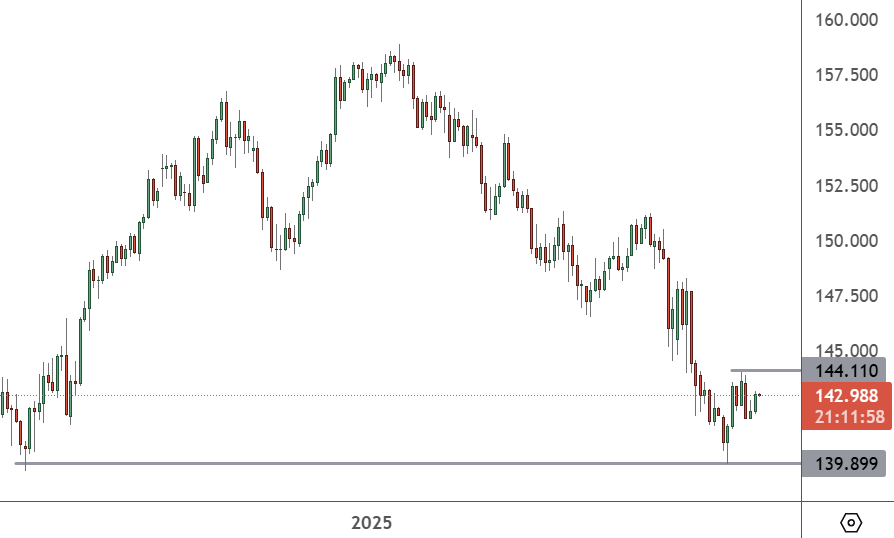Recently, the U.S. stock market has kept fluctuating, and the developments in the Russia-Ukraine war continue to disrupt the market. In addition, Russian President Vladimir Putin said on March 23 that he had asked countries “unfriendly” to Russia to pay for Russian oil and natural gas in rubles. As a result, the energy crisis has escalated, causing oil prices to rise rapidly as U.S. stocks plunged lower. Amid the volatility and the decline in the U.S. stock market, we have noticed a large-scale surge in Chinese concept stocks against the current global market trends. Among the rising stocks are Alibaba, Bilibili and Zhihu, which rose by more than 10%. What signals have been triggered by the sharp rise in Chinese concept stocks this week? And, what is the trend’s future?
Delisting Crisis Looms Over Chinese Concept Stocks
The U.S. Securities and Exchange Commission (SEC) disclosed on March 23 that Sina Weibo (WB) had been included in the delisting risk list, becoming the sixth Chinese concept stock to be added to the list. Earlier, companies listed included BeiGene, Yum China, Zai Lab, Shengmei Semiconductor and Chi-Med. Initially, news of the delisting warning caused collective panic among investors in Chinese concept stocks and made the stock prices of the warned companies drop sharply.
Early this week, the delisting crisis took a turn for the better. Chinese regulators asked some U.S.listed companies, including Alibaba, Baidu, and JD.com, to start disclosing more audit information. The China Securities Regulatory Commission’s International Department director said the Chinese and American regulators have made progress and are working on creating specific cooperation plans. The Chinese government will continue to support the companies listed in overseas markets.
Earlier, JP Morgan China Internet analyst Yao Cheng said that he believed Chinese concept stocks were “unsuitable for investment” in the next 6 to 12 months and downgraded the ratings of 28 Chinese stocks. However, there are other voices in the market. For example, Zhou Weiran, PwC’s Global TMT Industry Leader, said that the SEC’s increasingly clear regulatory requirements for Chinese concept stocks had dissipated the tensions associated with Chinese concept stocks.
At present, investors still have a wait-and-see attitude towards Chinese concept stocks, with many waiting for the final policy guidelines. However, judging from the latest statements by the management of Chinese regulatory agencies, there may be some new policy-level adjustments to the overseas listing of Chinese concept and technology stocks. If there are further specific actions to relax regulatory pressures, this will positively impact the stock prices of Chinese concept stocks in future.
What Are the Prospects of Chinese Stocks?
On March 23, Alibaba Group’s board of directors authorised an increase in its share repurchase plan. The plan was expanded from $15 billion to $25 billion, equivalent to nearly ten percent of the group’s market capitalisation. The buyback will continue for the next two years. Then Ali’s stock price rose sharply.
In addition to Alibaba, many Chinese concept stocks have initiated share repurchase plans, including Tencent, JD.com, Xiaomi, BOSS Zhipin, among others that have embraced the repurchase trend to reward shareholders.
Generally speaking, a share repurchase signifies that a firm’s management is confident in its stock price or the company’s prospects while also proving that the business has sufficient cash flow. By reducing the number of outstanding shares in the market, share repurchase plans tend to drive up the stock price and increase the earnings per share. Additionally, buybacks can also reflect management’s optimism about the company’s future and confidence in its financial health, stabilising and boosting investor confidence.
However, Chinese concept stocks have fallen into a cold winter in the past year, and many companies have seen their shares fall by half or more. Although share repurchase plans can bring a short-term recovery effect to a company’s stock price, they may not prevent a future decline in the share price. For Some companies, the more share repurchases they do, the more their shares keep falling since the markets are not confident in their future. In the first half of this year, Chinese listed companies’ situation is pretty challenging, and their stock prices have fallen repeatedly. Even if the domestic regulatory supervision is relaxed in the future, the future outlook for Chinese concept stocks is bleak if the United States continues to pressure Chinese companies listed in the US stock markets.
Therefore, it seems highly unlikely that Chinese concept stocks will reverse the decline through large-scale or multiple share repurchase programs, but it is still a good move. The collective repurchase programs announced by multiple companies is conducive to rebuilding investors’ confidence in China concept stocks, which will boost their prices in future. Reversing the decline will create opportunities for investors, but rebuilding confidence is a relatively lengthy process that needs to stand the test of time amid changing regulatory policies.


